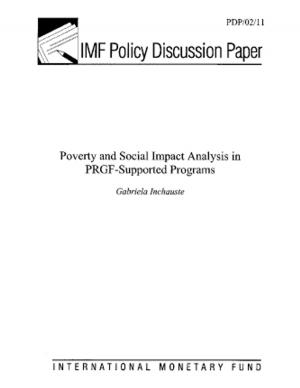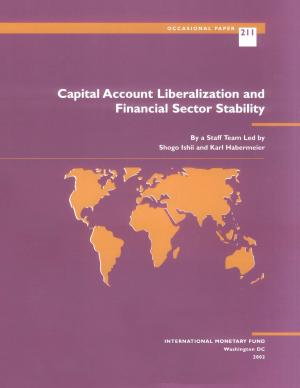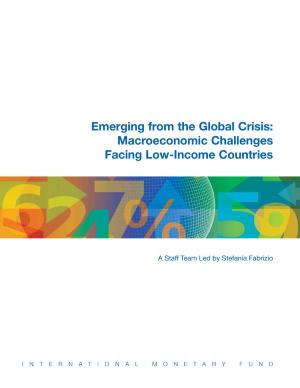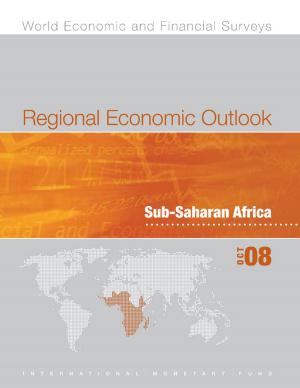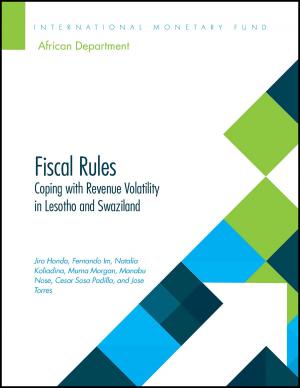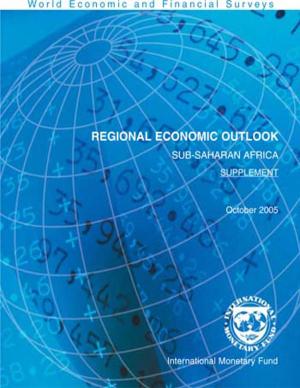Finance & Development, September 2011
Business & Finance, Economics, International Economics, Finance & Investing, Finance| Author: | International Monetary Fund. External Relations Dept. | ISBN: | 9781463974985 |
| Publisher: | INTERNATIONAL MONETARY FUND | Publication: | September 1, 2011 |
| Imprint: | INTERNATIONAL MONETARY FUND | Language: | English |
| Author: | International Monetary Fund. External Relations Dept. |
| ISBN: | 9781463974985 |
| Publisher: | INTERNATIONAL MONETARY FUND |
| Publication: | September 1, 2011 |
| Imprint: | INTERNATIONAL MONETARY FUND |
| Language: | English |
"All for One" examines inequality and the many ways it matters. In our overview article, the World Bank's Branko Milanovic explains how income inequality is measured and tells us that it's increased in most countries. The good news, he says, is that global inequality--between countries--could be on the downturn. IMF economists Andrew Berg and Jonathan Ostry find that a more equal society has a greater likelihood of sustaining longer-term growth. Other IMF research on inequality finds that financial sector development not only 'enlarges the pie' by supporting economic growth but divides it more evenly; that higher income inequality in developed countries is associated with higher indebtedness--at home and abroad; and that while fiscal consolidation is necessary in the medium term, slamming on the brakes too quickly can harm jobs and cut wages, exacerbating inequality. Also in this issue, we profile Elinor Ostrom, the first woman to receive the Nobel Prize for economics. In a tour of the globe, we look at how the African diaspora can help their home countries from afar, try to draw some early lessons from the euro area's debt crisis, investigate how the United States and its neighbor Canada handled public debt--with different results, and find out about the rise of emerging markets as systemically important trading centers. Back to Basics explains the difference between micro- and macroeconomics, and Data Spotlight tells us about a new worldwide survey of foreign direct investment.
"All for One" examines inequality and the many ways it matters. In our overview article, the World Bank's Branko Milanovic explains how income inequality is measured and tells us that it's increased in most countries. The good news, he says, is that global inequality--between countries--could be on the downturn. IMF economists Andrew Berg and Jonathan Ostry find that a more equal society has a greater likelihood of sustaining longer-term growth. Other IMF research on inequality finds that financial sector development not only 'enlarges the pie' by supporting economic growth but divides it more evenly; that higher income inequality in developed countries is associated with higher indebtedness--at home and abroad; and that while fiscal consolidation is necessary in the medium term, slamming on the brakes too quickly can harm jobs and cut wages, exacerbating inequality. Also in this issue, we profile Elinor Ostrom, the first woman to receive the Nobel Prize for economics. In a tour of the globe, we look at how the African diaspora can help their home countries from afar, try to draw some early lessons from the euro area's debt crisis, investigate how the United States and its neighbor Canada handled public debt--with different results, and find out about the rise of emerging markets as systemically important trading centers. Back to Basics explains the difference between micro- and macroeconomics, and Data Spotlight tells us about a new worldwide survey of foreign direct investment.


